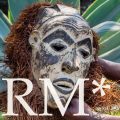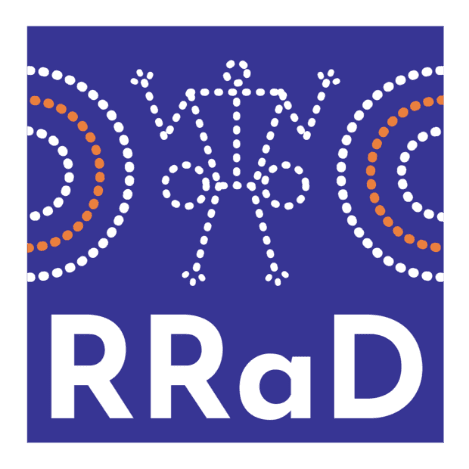The initiative, spearheaded by the Department of National Archives, comes after successfully securing a competitive research grant of €384,248 (approximately Rs. 140 million) from the Netherlands Research Council.
This project—titled “Whose Knowledge, Whose Values? Palm Leaf Manuscripts and the Question of Colonial Collections in Dutch Heritage Institutions”—will span from 2025 to 2029 and is part of a wider thematic academic inquiry into the provenance, ownership, and cultural significance of colonial-era knowledge artifacts.
The project brings together six partner institutions, including Sri Lanka’s Department of National Archives and leading academic entities such as the Free Universities of the Netherlands.
The focus of this initiative lies in the rediscovery, documentation, and academic study of palm leaf and ola leaf manuscripts that were created or collected during the Dutch colonial regime in Sri Lanka, which lasted from 1658 to 1796.
These manuscripts—often written in Sinhala, Tamil, or Pali—covered a wide range of subjects, including local laws, Buddhist teachings, Ayurveda, astrology, and regional administrative practices.
These documents today remain stored in libraries and museums such as the Leiden University Library and the National Archives of the Netherlands, often with minimal contextualization or academic examination.
By bringing these ancient texts into modern scholarly discourse, Sri Lanka hopes to not only reclaim a part of its lost intellectual legacy but also to contribute to global debates on cultural restitution and historical justice.


